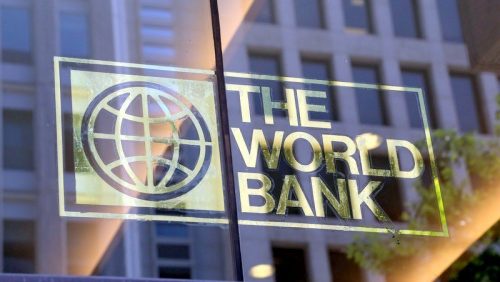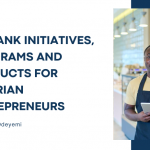Nigeria is set to secure a $1.5 billion loan from the World Bank, a development that promises a positive impact on the nation’s economic stability, particularly for MSMEs. Wale Edun, the Finance Minister, shared this news, highlighting that the funds will be provided at favorable terms and are anticipated to be finalized by December.
Additionally, Nigeria is pursuing financing of $80 million from the African Development Bank. This combined injection of capital holds great potential for bolstering various critical sectors of the economy.
Nigeria’s qualification for these loans is attributed to commendable macroeconomic measures implemented over the past months. This financial support is a testament to the country’s dedication to fostering economic growth and stability.
The $1.5 billion from the World Bank, part of the International Development Association’s concessional lending, is particularly notable. In the current global economic landscape, marked by high interest rates, this funding serves as a crucial boost for Nigeria. These funds, once secured, will be disbursed efficiently to support the reform efforts.
The Finance Minister emphasized that the measures taken by President Bola Tinubu have paved the way for this financial assistance. The impact of these reforms is already evident in areas such as reduced smuggling and increased domestic production, though the full benefits will materialize over time.
In parallel, an additional $80 million from the African Development Bank will be directed towards the Ekiti Knowledge Zone Project. This initiative is focused on empowering young individuals in the technology and knowledge economy sector, aligning with the growing prominence of these industries in Nigeria’s economic landscape.
Furthermore, the creation of the Presidential Council on Industrial Revitalisation Roadmap, under the leadership of President Bola Tinubu, signals a concerted effort towards revitalizing industries. This initiative is expected to yield increased investment, job creation, and overall economic growth in alignment with the President’s vision.
To facilitate this comprehensive approach, the Council will be divided into 10 subcommittees, each dedicated to specific sectors crucial for industrial growth. These include consumer credit, commodity exchange, heavy industries, and more.
Additionally, a committee will be established to review the setup of Free Trade Zones, with an aim to stimulate economic benefits from these zones.










